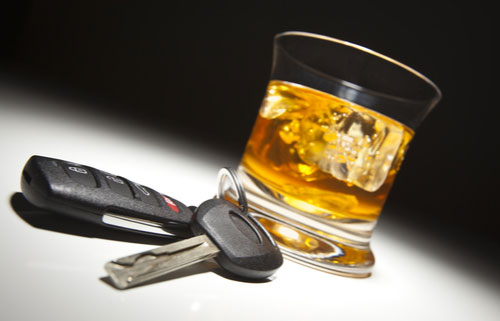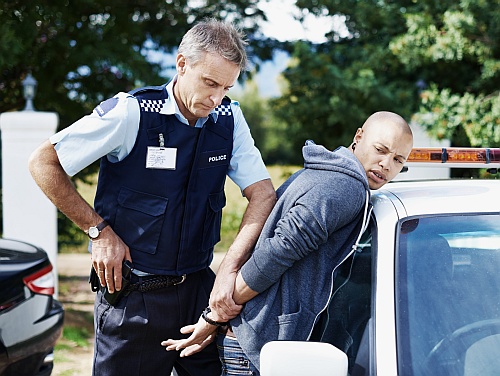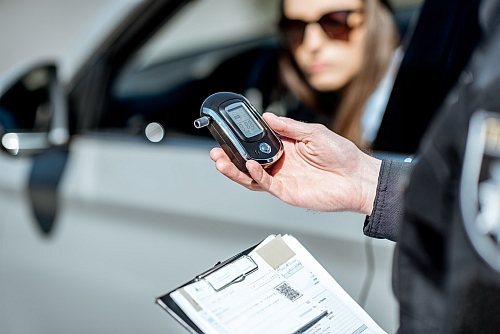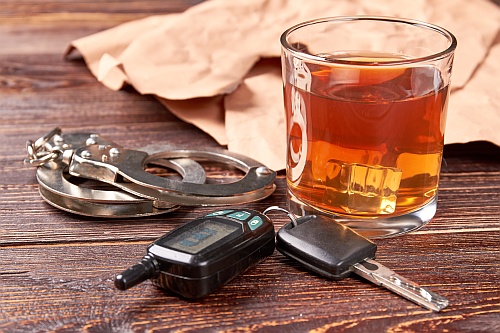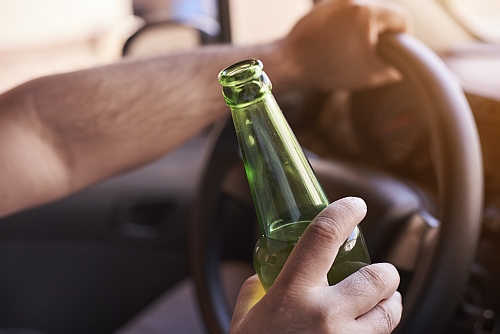- April 7, 2022
- Breathalyzer
The police in Charleston, South Carolina, can pull someone over when they suspect the person is driving under the influence (DUI) of alcohol or drugs. Usually, they ask the individual to submit a breath test. The breathalyzer test is used to estimate the blood alcohol content (BAC).
A breath analyzer device does not measure blood alcohol content directly. Instead, it measures the BAC indirectly by calculating the amount of alcohol in one’s breath. A blood alcohol content (BAC) of 0.08% is enough to get charged with DUI under South Carolina law.
If you or someone you know gets arrested for driving under the influence, contact a DUI lawyer in Charleston.
Facts You Should Know About Consenting to the Breathalyzer Test in Charleston
In Charleston, South Carolina, there is implied consent. Therefore, by simply driving in Charleston, you had already given an implied consent to submit to chemical testing such as breath, blood, or urine when pulled over by the police on suspicion of driving under the influence.
Your obligation to submit to a breath test is subject to certain conditions. They include the following:
- The arresting officer must provide you with a verbal and written notice, which must be documented on video.
- You are not required to provide a breath sample, but if you refuse, your license will be suspended for at least six months (unless you install an ignition interlock device (IID)), and your refusal will be used against you in court.
- If you take the test and blow a BAC of 0.15% or above, your license will be suspended for at least one month (unless you install an IID).
- You have the right to have the test performed at your expense by a qualified person of your choice.
There are potential defenses to a high BAC. When you consent to a breathalyzer test, and your BAC is higher than 0.08%, it doesn’t mean you will get fined or serve a jail term for DUI.
In Charleston, you can challenge a high BAC in some instances. They include:
- Failure to give proper notice of the consequences of denying or consenting to a video breath test
- A poor breathalyzer calibration or a faulty breath test administration
- An illegal traffic stop or other violation of your constitutional rights before the breath test
- Delayed breath test administration, resulting in a rise in your blood alcohol concentration while driving; and another explanation for a high BAC other than alcohol intoxication.
- Administration of the breath test by someone who has not been trained and certified by the South Carolina Criminal Justice Academy, following the SLED rule.
Higher BAC is equivalent to higher penalties. In Charleston, DUI involving a higher BAC carries stiffer penalties.
Myths About DUI Law
Some of the myths of the DUI law are; You are safe from prosecution if the test result is below a BAC of 0f 0.08%. However, if the state can conclusively prove your ability to drive was affected by the alcohol you consumed, you can be prosecuted and convicted of a DUI with a BAC less than the legal limit.
- It is not illegal to drive while under the influence of prescribed medicines. However, if the state proves that the prescription drugs you were taking were impairing your driving ability, you could be charged with a DUI.
- You will be allowed to go home if you fully cooperate with the officer and “pass” the field sobriety tests. Unfortunately, this is rarely ever the case. The most difficult challenge many DUI attorneys face is evidence willingly handed to the police by their clients, which is then taken out of context and used against them.
- To be charged with DUI, you must be driving. But, again, this isn’t always the case. Even if you were so intoxicated that you pulled over to the side of the road and decided to sleep it off for your safety, you might still be charged with DUI if you left the keys in the ignition.
Consequences of Violating the Implied Consent Law in Charleston
Whether you were driving while impaired or not, unlawful refusal to take a breath test during a DUI traffic stop can have severe consequences. Some of which are:
- For the first violation of a person with a regular driver’s license, a six-month driver’s license suspension. Repeat offenders’ licenses can be suspended for much longer.
- A person with a commercial driver’s license (CDL) who refuses to submit a breath test could be suspended for at least one year.
- Your refusal can be used against you as evidence that you know you are driving under the influence.
- There is also a mandatory enrollment in South Carolina’s Alcohol and Drug Safety Action Program(ADSAP).
Penalties for DUI in Charleston
The penalties depend on whether or not the person takes the breathalyzer test. The punishment for refusing a breathalyzer test is a fine of $1,022 (including expenses and assessments) or a minimum of 48 hours and a maximum of 30 days in prison. This is for a first offender.
If the BAC is 0.08%-0.09%, you’ll pay a fine of $1016.00 (including expenses and assessments) or a minimum of 48 hours and a maximum of 30 days in prison. For a BAC of 0.10%-0.15%, the fine is $224.50 (including expenses and assessments) or a minimum of 72 hours and a maximum of 30 days in prison.
If you have a BAC of 0.16 or more, you’ll pay a $2,262.00 fine (including expenses and assessments) or 30 days to 90 days in jail. The minimum penalty of 30 days can be served with 30 days of community service.
A second offense carries a sentence ranging from five days to three years in prison. The penalties for the third and subsequent violations range from 60 days to five years in prison.
Book a Free Consultation With Us Today!
DUI fines in South Carolina are pretty severe, so you should hire an experienced criminal defense attorney in Charleston as soon as possible. Contact us today for a free case review.
